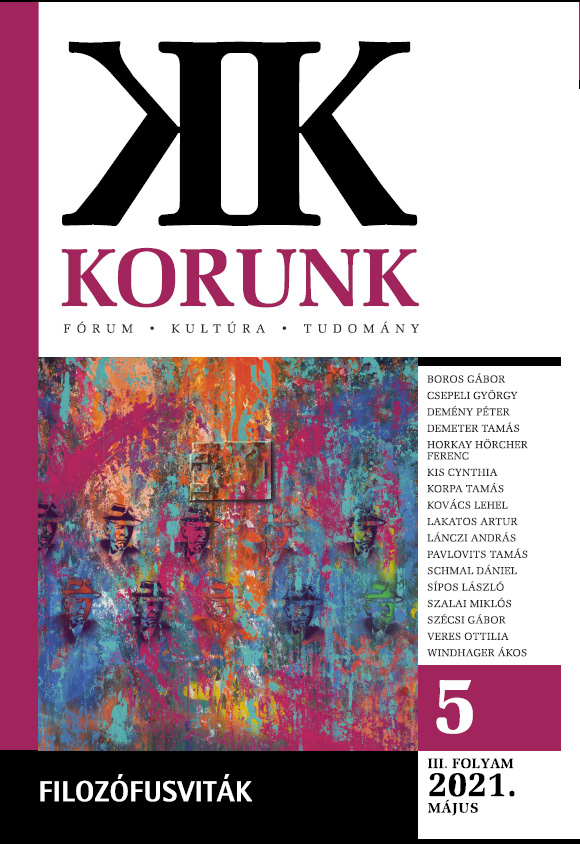Isten, a rossz és a fény természete. Szkeptikus teizmus és abduktív érvek
God, Evil, and the Nature of Light: Skeptical Theism and Abductive Arguments
Author(s): Miklós SzalaiSubject(s): Contemporary Philosophy
Published by: Korunk Baráti Társaság
Keywords: God; evil; theodicy; abductive inference
Summary/Abstract: The “problem of evil” is the oldest and most serious philosophical objection to Christian-type theism. In current analytical philosophy it appears generally as the “evidential argument from evil”, inductive arguments based on the facts about evil, for the conclusion that God doesn’t exist. Analytical philosophers of religion developed a new theistic defensive approach to the argument, called “skeptical theism”. According to “skeptical theism”, we couldn’t rely on the evidential arguments from evil because of the limitations of human cognitive powers. The American agnostic philosopher Paul Draper approaches the problem from a new angle, in a way of abductive inference. According to Draper, the non-existence of God is the best explanation of the distribution of pain and pleasure in human and animal life. This study evaluates Draper’s argument and the “skeptical theists’” objections to it.
Journal: Korunk
- Issue Year: 2021
- Issue No: 05
- Page Range: 63-74
- Page Count: 12
- Language: Hungarian

